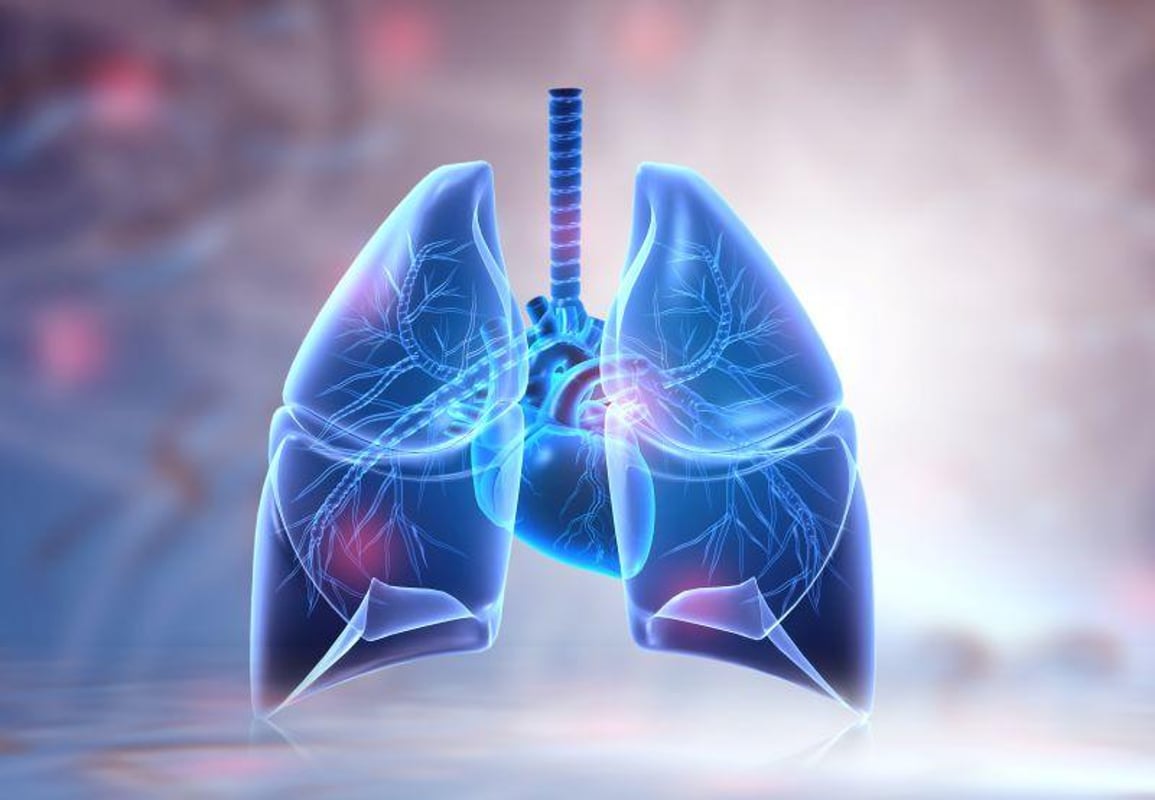Challenged Urine Bicarbonate Excretion Tied to CFTR Function in Cystic Fibrosis

TUESDAY, Nov. 1, 2022 (HealthDay News) -- For patients with cystic fibrosis, challenged urine bicarbonate excretion may be a marker for cystic fibrosis transmembrane conductance regulator (CFTR) function, according to a study published online Nov. 1 in the Annals of Internal Medicine.
Peder Berg, M.D., from Aarhus University in Denmark, and colleagues conducted a prospective, observational study to examine the association between challenged bicarbonate excretion and clinical characteristics at baseline and quantify the CFTR modulator drug elexacaftor/tezacaftor/ivacaftor-induced changes of challenged bicarbonate excretion in 50 adults with cystic fibrosis. Participants started CFTR modulator therapy between May 2020 and June 2021.
The researchers found that challenged urine bicarbonate excretion was associated with several cystic fibrosis disease characteristics at baseline. Patients with residual function mutations had higher bicarbonate excretion. There was an association observed for higher bicarbonate excretion with better lung function, pancreatic sufficiency, and lower relative risk for chronic pseudomonas infections. Treatment with elexacaftor/tezacaftor/ivacaftor increased bicarbonate excretion by 3.9 mmol/three hours, reaching about 70 percent of the level of healthy controls. Individual bicarbonate excretion at each visit correlated with the individual mean bicarbonate excretion in healthy control participants.
"We suggest that challenged urine bicarbonate excretion offers a new, simple, and safe functional assessment quantifying the biological consequences of reduced CFTR function and the extent of functional recovery after pharmacologic treatment," the authors write.
Abstract/Full Text (subscription or payment may be required)
Related Posts
Los niveles de depresión son altos entre las personas con lesiones de la médula espinal
VIERNES, 11 de febrero de 2022 (HealthDay News) -- Los adultos con lesiones de...
Hot Stuff: Spicy Foods Can’t Harm You, Can They?
FRIDAY, July 8, 2022 (HealthDay News) -- Spicy food challenges are all the rage...
Motherhood Doesn’t Lower Survival for Women Who’ve Had Breast Cancer
THURSDAY, July 7, 2022 (HealthDay News) -- Breast cancer survivors who would...
AHA News: She Boarded a Cruise Ship. Then She Had a Stroke.
TUESDAY, April 11, 2023 (American Heart Association News) -- Shelley Davis...
